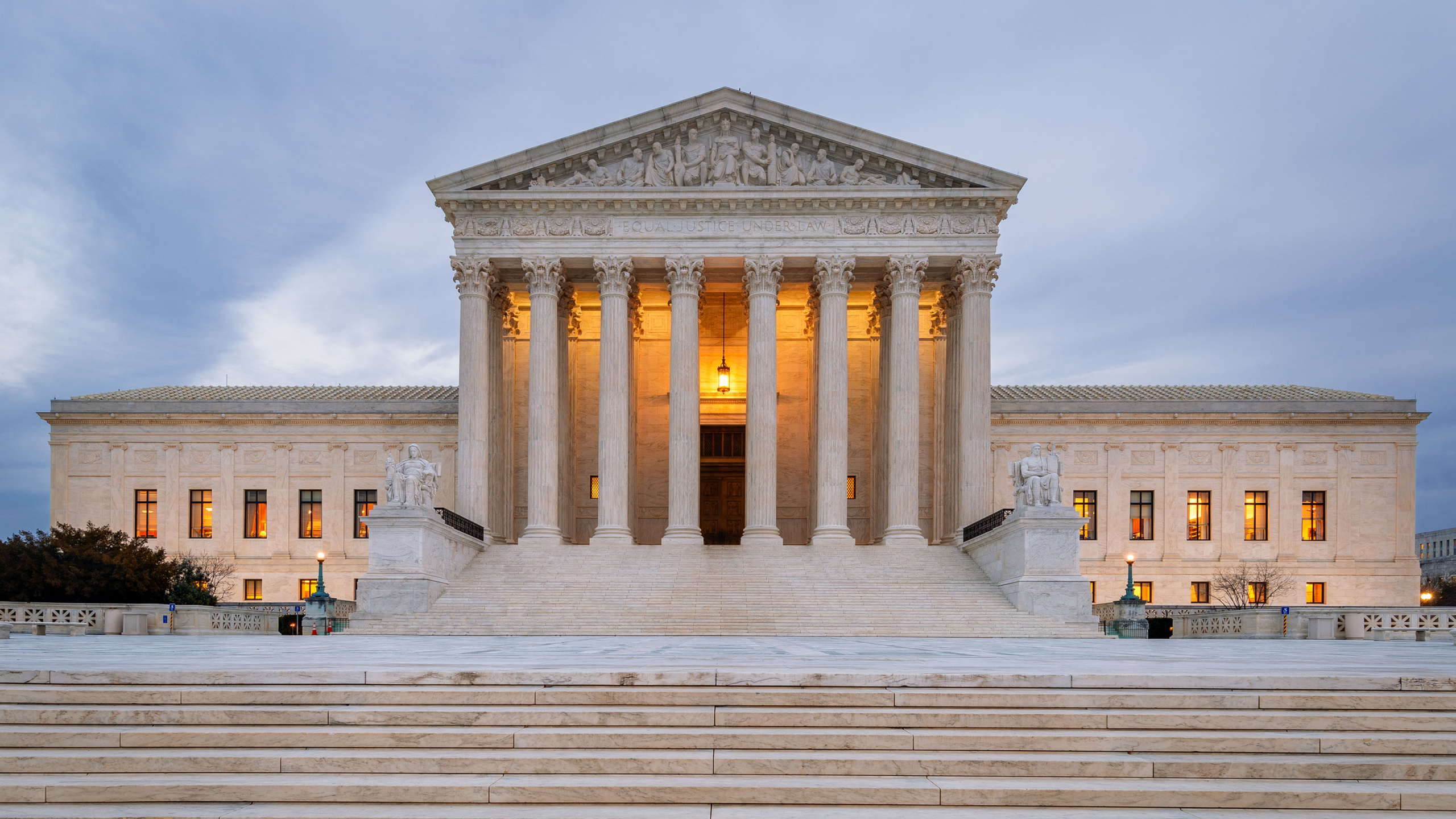By Ron Kampeas
WASHINGTON (JTA) — Harvard’s 20th-century antisemitic Jewish quotas were a key part of the Supreme Court’s decision to gut affirmative action on Thursday, as the winning litigant and two conservative justices cited them in the landmark case.
The 6-3 decision Thursday, authored by Chief Justice John Roberts, bars universities from using race as an explicit factor in considering admissions, but allows race to be cited by applicants in essays describing their life experiences.
Students for Fair Admissions, the conservative advocacy group that brought the cases against Harvard and the University of North Carolina, claimed that the holistic admissions approach Harvard uses — which includes seeking a “extraordinary and diverse class of undergraduate students by conducting a wide-ranging review of every aspect of each applicant’s background and experience” — had its roots in the 1920s quota system “to discriminate against Jewish applicants.”
In 1922, Harvard’s president, A. Lawrence Lowell, noticed a precipitous rise in the number of Jews accepted to the university and proposed accepting a quota of only 15% Jewish students. Other American and Canadian universities followed suit.
At least two justices were sympathetic to the SFFA argument. Neil Gorsuch and Clarence Thomas each raised the Jewish quotas in separate concurrences.
“According to then-[Harvard] President Abbott Lawrence Lowell, excluding Jews from Harvard would help maintain admissions opportunities for Gentiles and perpetuate the purity of the Brahmin race,” Thomas wrote.
Gorsuch quoted the advocacy group’s findings in his concurrence. “Harvard made this move, SFFA asserts, because President A. Lawrence Lowell and other university leaders had become ‘alarmed by the growing number of Jewish students who were testing in,’ and they sought some way to cap the number of Jewish students without ‘stat[ing] frankly’ that they were ‘directly excluding all [Jews] beyond a certain percentage.’”
Gorsuch also brought up Jews in a different context, to ridicule what he said was the incoherence of affirmative action. “There are also decisions granting Hispanic status to a Sephardic Jew whose ancestors fled Spain centuries ago,” he said, referring to a 1995 case in which the Small Business Administration certified a business as minority-owned because of the applicant’s Sephardic heritage.
Two Jewish groups also raised Harvard’s post antisemitism in amicus briefs, but to opposite ends. The Anti-Defamation League said the quota system was an inappropriate analogy because Harvard was seeking the opposite effect — to ease the entry of minorities. The Louis D. Brandeis Center for Human Rights Under Law said the analogy was apt, claiming that the effect of the current policy was to exclude Asian students.
“We are deeply disappointed with the Supreme Court’s decision finding that the admissions programs at Harvard and the University of North Carolina are unconstitutional,” Steve Freeman, ADL’s senior counsel, said in a statement. “This decision reflects a fundamental misunderstanding of the history and present realities of racial discrimination in this country and the reasons why affirmative action is still needed.”
The Brandeis Center’s director, Kenneth Marcus — who as the chief civil rights officer in the Trump administration’s Department of Education worked on multiple cases involving Israel and alleged antisemitism — called the decision “commendable for its moral clarity.” In a release, Marcus quoted the brief he helped author.
“Just as Harvard used methods in the 1920s and 1930s to identify applicants of sufficient ‘character and fitness’ as a pretext to discriminate against Jews, Harvard’s current use of the ‘personal rating’ to pursue student-body diversity is a pretext to discriminate against Asian Americans,” the brief said.
Another four Jewish groups also criticized the decision: the American Jewish Committee, the Reform movement’s Religious Action Center, the Jewish Council for Public Affairs, and the Jewish Alliance for Law and Social Action.
“As a multiracial Jewish community, we know diversity is our strength and recognize that ignoring race will only perpetuate racial injustice,” said Rabbi Jonah Dov Pesner, the RAC director, in a statement.


